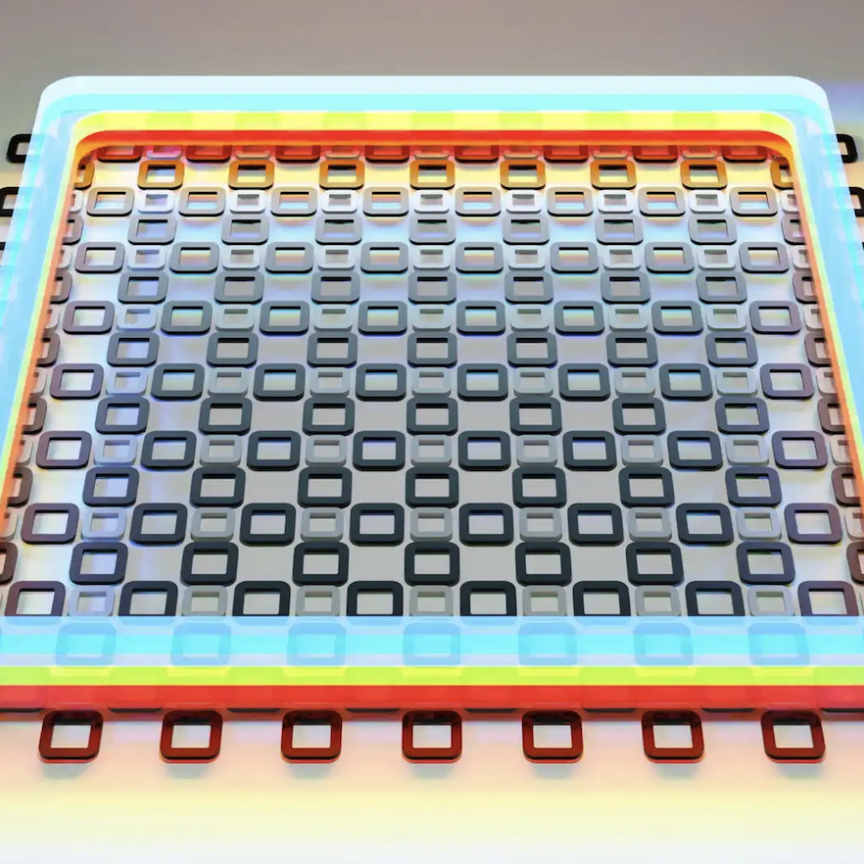The European Commission has invested €35 million in three manufacturing pilot lines for helping SMEs take photonics technologies from lab to market.
The pilot lines will allow thousands of technology SMEs in Europe – which often lack access to the infrastructure and expertise needed to manufacture new products – to scale-up their technologies and validate them with the first customers for commercial production.
SMEs with a focus on health applications, flexible organic light-emitting diodes (OLEDs), and sensors for the detection of chemicals in gas and liquids, will be able to use the new schemes.
The first scheme, PIX4Life, will aim to scale up photonics platforms to bring silicon nitride-based imaging systems for the visible spectral range towards commercial production and industrial take up. This will open a multi-billion market for products including biosensors, cytometers, DNA sequencers, gas sensors, microscopes, medical imagers and more.
The PI-SCALE pilot line will accelerate the commercial adoption of flexible OLEDs. The project will offer world class capability in pilot production services for customised flexible OLEDs. It will enable companies to test and scale up their flexible OLED lighting concepts quickly and cost effectively, and turn them into market-ready products.
The MIRPHAB project is for the prototyping and production of light sources and sensors in the mid-IR range, for the detection of chemicals in gas and liquids. The MIRPHAB platform is based on miniaturised laser systems and will allow the manufacture of compact, low cost and low power consumption sensing devices, which can be used for safety, security and environmental applications. The industry partners involved in MIRPHAB are committed to deploy new products swiftly in the market and achieve prompt take up in the environmental and chemical sensing areas.
The European Commission has invested €35 million in these programmes to boost Europe's industrial competitiveness. This is part of the European Commission's €700 million investment in the Photonics Public Private Partnership (PPP) over the seven years of Horizon 2020, the Framework Programme for Research and Innovation. The Photonics PPP is an association set up in 2013 by the Commission to reinforce European leadership in Photonics, by linking European industry, researchers, academia and the European Commission.
Further information:

